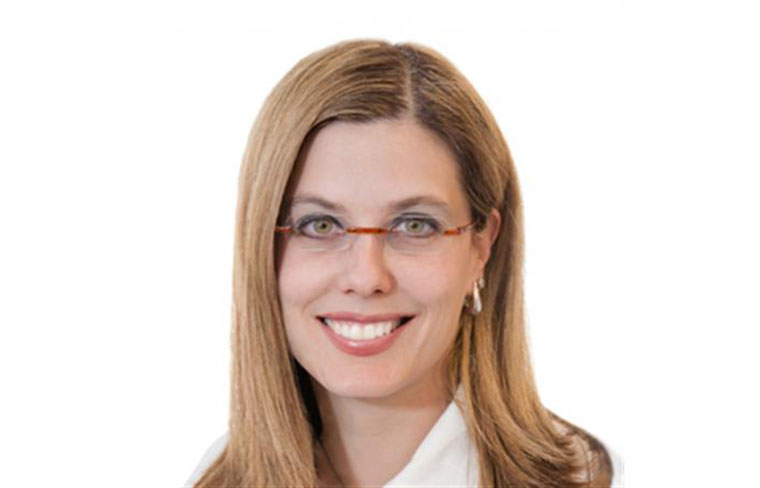
As Monday’s AASLD State-of-the-Art New Hope for HCC lecturer Laura Kulik, MD, notes, “15 years ago, an hour on the treatment of liver cancer would have been very difficult.”
But with advances in the diagnosis and treatment of hepatocellular carcinoma (HCC), a one-hour update is not only possible, but important for gastroenterologists.
“HCC has been growing in incidence, and it’s been battling back and forth for being the second or third deadliest cancer. We cannot cure everybody, but we are starting to make strides in terms of increasing life expectancy with some of these newer therapies,” said Dr. Kulik, professor of medicine at Feinberg School of Medicine, Northwestern University, Chicago, IL.
Dr. Kulik plans to address liver cancer from the earliest stages through advanced disease, highlighting the different treatment options available.
“There has been an explosion of potential treatment options for people more so in the advanced disease states, but there’s also been changes in the policy for transplants, specifically the ability to include patients with tumor that has been considered outside of transplant criteria or what’s known as Milan criteria,” she said.
Dr. Kulik noted that there’ve been some trials comparing locoregional therapy — transarterial chemoembolization (TACE) — plus systemic therapy. While these were negative trials, she added that there are reasons why these trials were negative. She will review some of these new treatment modalities, including the combination of local regional therapy with systemic therapy, particularly immuno-oncology or the immunotherapies.
“At Northwestern, we are doing a very small feasibility-type trial looking at using radio embolization to downstage someone to resection and then adding doses of Nivo, which is a PD1 inhibitor, to see if that will decrease risk of recurrence,” she said.
Similarly, Dr. Kulik added, there are a multitude of trials that are going on looking at the combination of local regional therapy plus immunotherapy plus systemic therapies like TKIs.
“This has been more so in the advanced setting as opposed to in the earlier setting where we’re talking about things like transplant. But just knowing that these are available and out there is going to be important for these referring physicians,” said Dr. Kulik.
Because GI doctors are the first-line physicians treating HCC patients, Dr. Kulik said it’s important to know what can be done for liver cancer, the significance of timely referrals, and early consideration of whether the patient is a transplant candidate.
“I think our patients deserve at least a cursory look to see if there’s a potential for a curative options such as transplant or resection,” she said.
Please refer to the DDW Mobile App or the Program section in the Monday issue for the time and location of this and other DDW® events.



